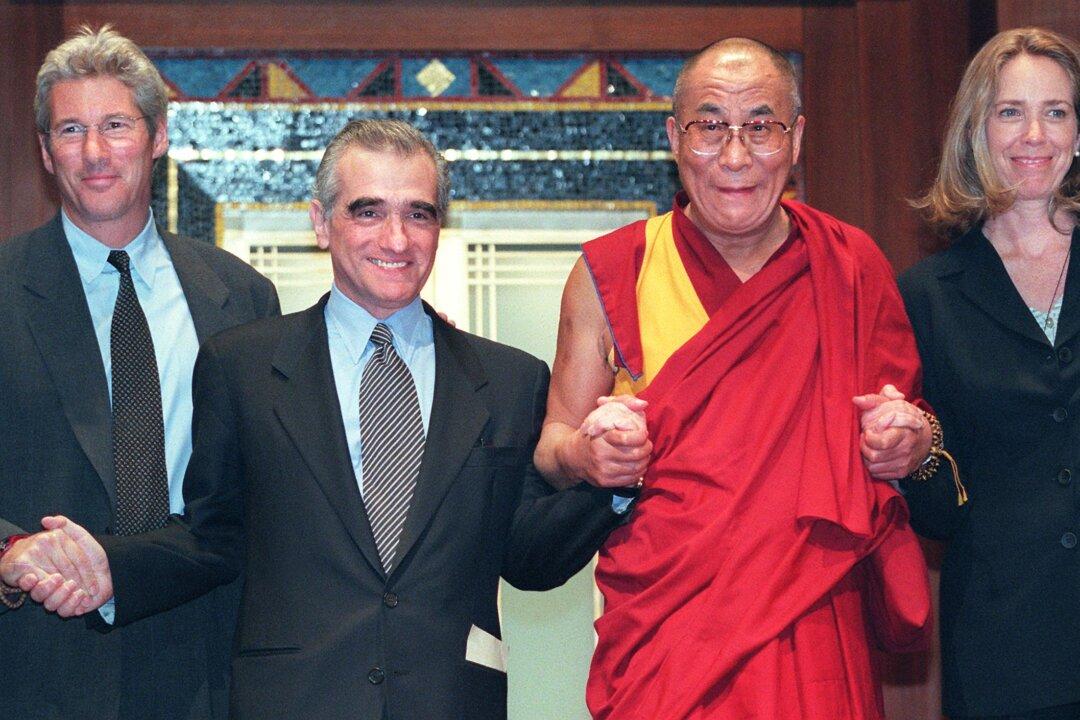Commentary
Few directors in Hollywood have more power than Martin Scorsese, the Oscar-winning director of box office hits such as “Goodfellas,” “Casino,” “The Departed,” and “The Wolf of Wall Street.”

Few directors in Hollywood have more power than Martin Scorsese, the Oscar-winning director of box office hits such as “Goodfellas,” “Casino,” “The Departed,” and “The Wolf of Wall Street.”